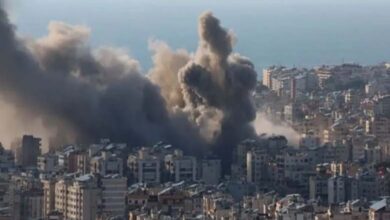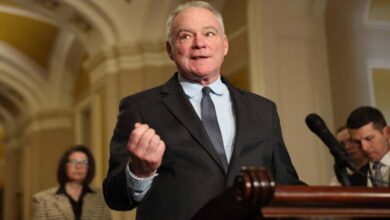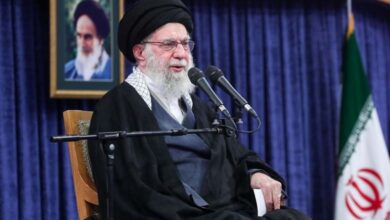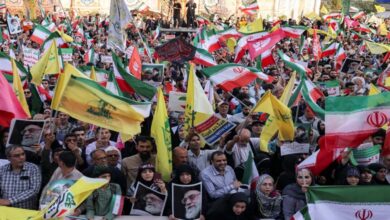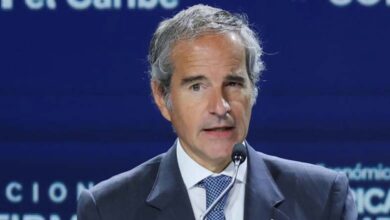Bashagha Forces withdraw from Tripoli area after US pressure
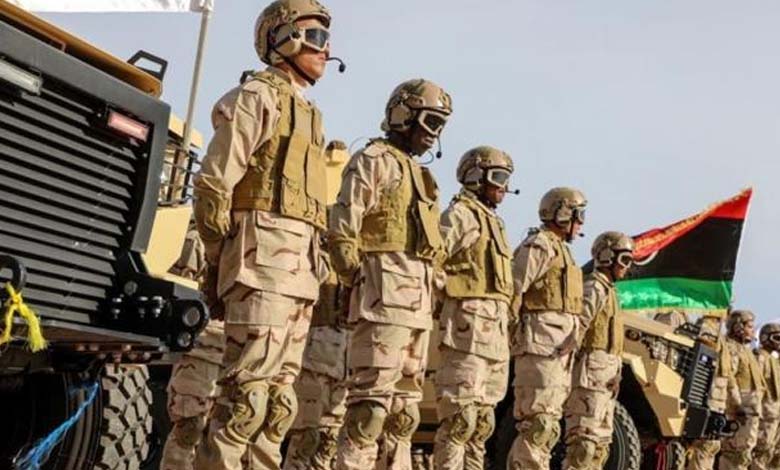
An armed convoy of the Libyan prime minister, backed by the parliament, headed towards Tripoli on Thursday before returning under US pressure, as it tries to find a way to exercise its authority in the capital despite its rival’s refusal to relinquish power, sources in Libya revealed.
Prime Minister Fathi Bashagha was sworn in before parliament a week ago and said Tuesday that he would arrive in Tripoli in two days, pledging to perform his duties as head of government there peacefully.
However, any attempt to bring Bashagha into the capital could trigger fighting between the armed factions supporting him and others supporting outgoing Prime Minister Abdul Hamid Dbeibeh. Dbeibeh, who was selected a year ago to head a transitional unity government, said he will not leave office until elections are held.
Military sources said the convoy had moved from Misrata, but had found no way to enter Tripoli without facing resistance from factions supporting Dbeibeh.
Bashagha’s office said the convoy was a security force not looking to go to war and had returned to its former base in response to requests from international and regional friends.
Witnesses just outside Tripoli on the main coastal road to Misrata said there were military vehicles and fighters positioned on the road, but traffic was normal and there was no indication of clashes.
US Ambassador to Libya Richard Norland tweeted that he spoke to Bashagha and commended him for his willingness to de-escalate tensions today and seek to resolve the current political dispute through negotiations, not force.
According to the US embassy’s statement on Twitter, the US ambassador also praised Dbeibeh’s commitment to protecting lives as well as his readiness to enter into negotiations to find a political solution.
On Thursday, the UN Special Mission for Libya expressed concern over what it said were reports of the mobilization of forces and the movement of large convoys of armed groups, which have led to an escalation of tension in and around Tripoli.
Libya has enjoyed a rare period of relative calm since a 14-month offensive by the Libyan National Army on Tripoli collapsed in the summer of 2020, leading to an UN-backed peace process.
This process included the formation of an interim government headed by Dbeibeh, whose mission is to unify state institutions that have been divided for years between rival governments in the east and west of the country and oversee preparations for general elections.
But the election process broke down in December just before the vote, and the two contending parties differed on the right path to take.
The parliament, which took most of the eastern side during the civil war, declared the mandate of the Dbeibeh government to be over. It also announced a new transitional period under the leadership of the Bashagha government, and that elections would not be held until next year.


